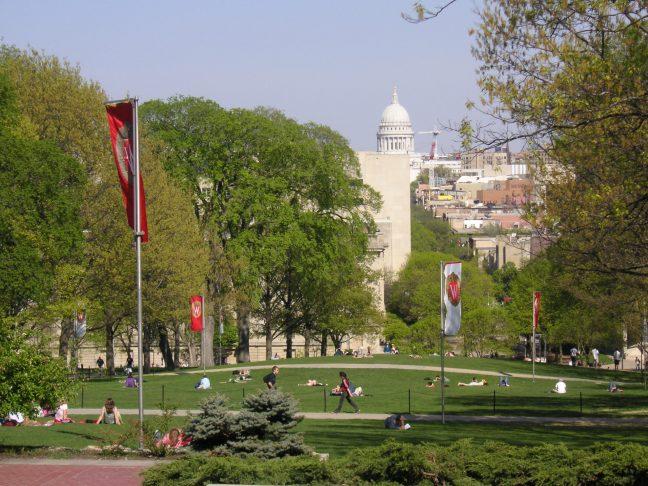After the University of Wisconsin System made efforts last year to turn the state’s two-year UW Colleges and Extension programs into satellite institutions of the system’s four-year universities, officials are now saying new investments are required for student support services during this transitional period.
According the the Associated Press, UW System President Ray Cross said one of his biggest concerns is the lack of adequate funds for services like financial aid and tutoring at the two-year colleges.
“The student support activities on these campuses were depleted in many ways,” Cross said, “and now how do we restore that in a way that makes sense? And that’s going to require some investment.”
The infusion of new money in the next state budget will be put toward student support services in an effort to bring them up to par with their partnering four-year schools’ support services, Cross said.
According to Robert Cramer, UW System vice president for administration, the greatest risk to the restructuring project is maintaining student services staff during the transitional period for the UW Colleges.
“[For] some of those individuals November of 2019 is kind of the end of their employment. So how do we maintain [staffing]?” Cramer said.
Discussions of a formal plan for staff transitions from UW Colleges and UW Extension will take place in January. The system will also make plans for transferring assets, finances and records at this meeting, Cramer said.
Also authorized at the meeting were multi-million dollar tuition increases for out-of-state and graduate students on Madison’s campus, AP reported.
The tuition increases for undergraduate students will raise non-resident tuition by $810 and international tuition by $828, resulting in approximately $16 million more for the university.
The increases for graduate programs include an almost 10 percent annual hike for the School of Business, $2,000 for law students, 5 percent for resident medical doctor students and 8 percent for non-residents.
The increases were approved by the regents unanimously, without any discussion.


